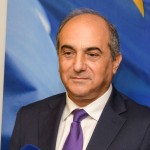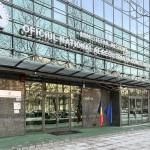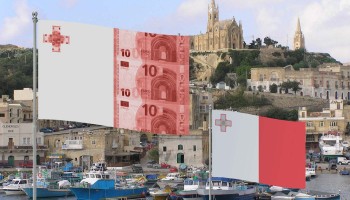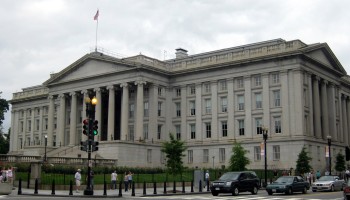Reported by
A Russian money launderer has been stripped of his Maltese citizenship after he was jailed in the U.K. for participating in what the country’s National Crime Agency called a “professional banking service for criminals across the world.”
Semen Kuksov, 25, was sentenced to more than five years’ imprisonment in February last year after pleading guilty to laundering more than 12 million British pounds (around $15 million) of criminally-obtained cash, according to the U.K.’s Crown Prosecution Service.
Kuksov obtained Maltese citizenship in 2022 under the country’s controversial “citizenship-by-investment” program, which sold citizenship to wealthy foreigners. That year, he began managing couriers to “collect criminal money and deliver the laundered money overseas,” the CPS said. He was arrested in September 2023.
Malta announced in its government gazette on October 21 that it had “deprived” Kuksov of citizenship.
A Maltese government agency tasked with overseeing its citizenship-by-investment program said last year it was considering advising the government to revoke Kuksov’s citizenship. The statement came after revelations by OCCRP, the Times of Malta and Amphora Media that the convicted money launderer had acquired a Maltese passport.
Additional details of Kuksov’s criminal activities were disclosed last year as part of a wider multi-billion-dollar money laundering investigation codenamed Operation Destabilise, which was led by the U.K.’s National Crime Agency.
The probe uncovered an international money-laundering ring run out of Moscow and Dubai that moved billions in cryptocurrency and hard cash for criminal operations, ranging from Russian ransomware attacks to street-level drug deals in the U.K. The NCA said Kuksov took orders from one of the key figures in the money laundering operation.
Malta discontinued its so-called “golden passport” scheme after the European Union’s Court of Justice ruled in April that the program was contrary to European law.
The scheme gave wealthy foreigners the chance to obtain Maltese citizenship by making financial contributions and property investments in the country.
That system amounted to “the commercialisation of the grant of the nationality of a Member State and, by extension, of Union citizenship,” the European Court of Justice ruled. The court said granting citizenship should instead be based on a person having “a genuine link to the country.”






